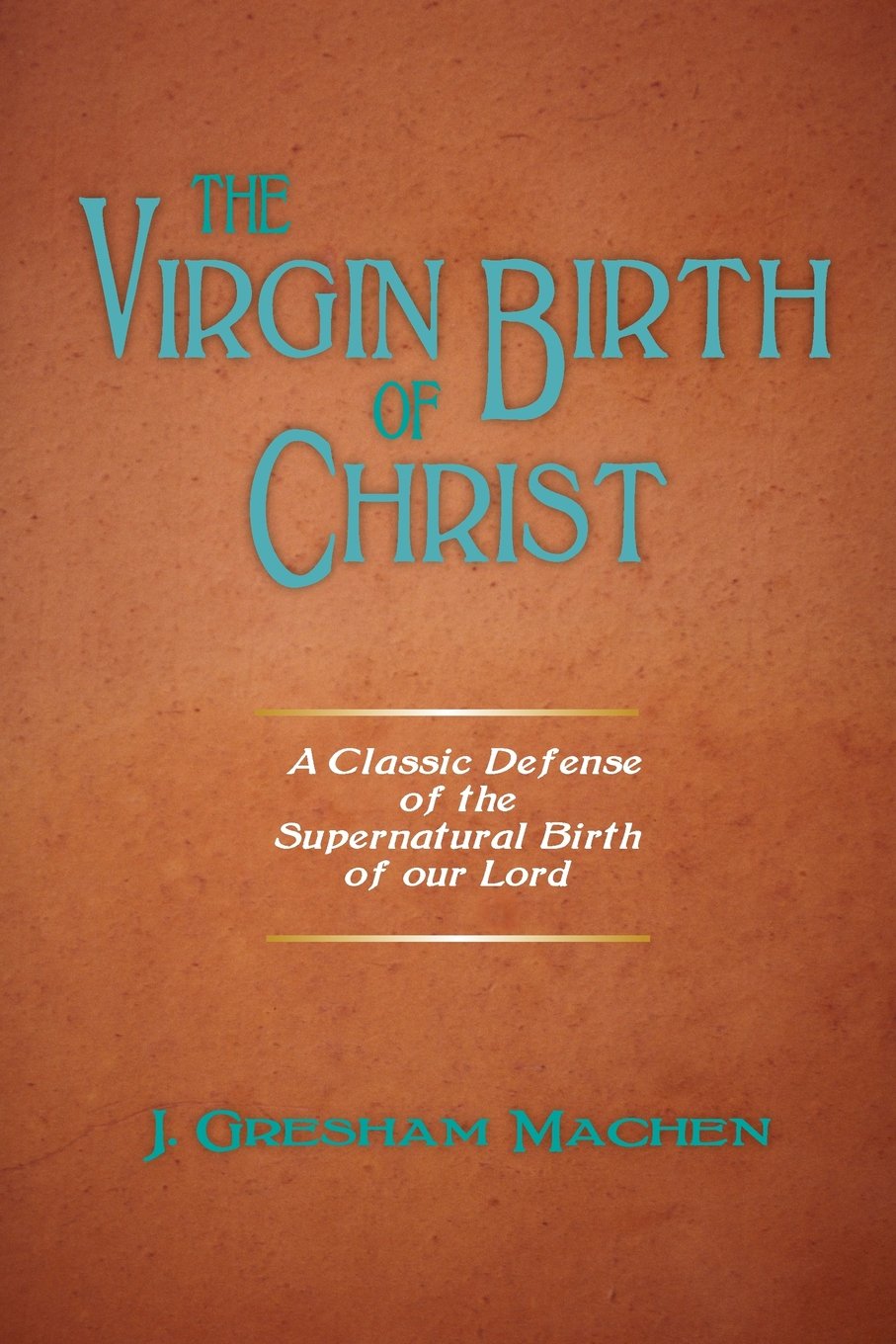A Brief Book Summary from Books At a Glance
By Steve West
Introduction
In The Virgin Birth of Christ, Machen sets out to demonstrate that the virgin birth is an integral part of the biblical witness to Christ. He responds to criticisms of the doctrine and examines alternative hypotheses that attempt to give an account for the doctrine’s emergence. Machen canvasses comparative religions, Jewish antecedents, and critical biblical scholarship, but he also pays very careful attention to the data of the biblical texts themselves. He concludes with theological reflections on the importance of the doctrine.
Table of Contents
Introduction
Chapter 1 The Virgin Birth in the Second Century
Chapter 2 The Birth Narrative an Original Part of the Third Gospel
Chapter 3 Characteristics of the Lucan Narrative
Chapter 4 The Hymns of the First Chapter of Luke
Chapter 5 The Origin and Transmission of the Lucan Narrative
Chapter 6 The Integrity of the Lucan Narrative
Chapter 7 The Narrative in Matthew
Chapter 8 The Relation between the Narratives
Chapter 9 The Inherent Credibility of the Narratives
Chapter 10 The Birth Narratives and Secular History
Chapter 11 The Birth Narratives and the Rest of the New Testament
Chapter 12 Alternative Theories: Preliminary Considerations
Chapter 13 The Theory of Jewish Derivation
Chapter 14 The Theory of Pagan Derivation
Chapter 15 Conclusion and Consequences
Summary
Chapter 1: The Virgin Birth in the Second Century
When we study the teaching of the early Christians in the second century, we find that there was a unanimity of belief in the virgin birth. In fact, it was part of the Roman baptismal creed, which shows both that it was not a novelty, and that it was a fundamental doctrine. By AD 110, Ignatius was unequivocally teaching the virgin birth; his stature and knowledge prove that this doctrine had deep roots. It is not surprising that the enemies of the church denied the virgin birth, but none of their alternative explanations are based on historical evidence. Those who claimed to be Christians but who denied this doctrine all operated out of defective Christologies (e.g. Docetism, where Jesus wasn’t born at all; Adoptionism, where Jesus was adopted at his baptism, etc.). Various Jews opposed the virgin birth, but Christians did not deny the doctrine. Other challenges came from Gnosticism, but these objections were rooted in philosophical a prioris and were rejected by the church. The schismatic Ebionites were divided on the issue of the virgin birth. We do not always have lots of clear evidence about the nuances of schismatic groups, and often they were diverse and internally divided on various issues. Although this requires reconstruction, it seems that the Gospel according to the Hebrews contained material similar to that found in Matthew 1-2. A variety of circumstantial and evidential details lead to this conclusion. At times, people have confused sources and misidentified groups, which has naturally generated misunderstandings and misinterpretations. When the evidence is weighed, it is clear that the tradition of the virgin birth represented the primitive tradition, and that the orthodox always accepted it. Those who denied it were on the margins, and they did so on the basis of presuppositions rather than historical data and tradition.
Chapter 2: The Birth Narrative an Original Part of the Third Gospel
We have seen that the doctrine of the virgin birth was accepted at the very beginning of the second century. Two of the first century Gospels contain the virgin birth teaching. Luke was the travelling companion of Paul, and he knew the traditions of the earliest church. Linguistic analysis demonstrates that his birth narrative was not a later addition to the Gospel. Furthermore, the manuscript witness is uniform in showing this material in copies of the Gospel. Some have tried to maintain that the original Gospel of Luke depicted Jesus’ baptism as the beginning, and that this rules out an interest in his birth. This is an entirely unsustainable position. The baptism of Jesus was a vital event, and it marked the beginning of his public ministry but it was not detached from his birth. Nothing in Luke’s structure or language requires the view that he had no interest in Jesus’ life before his baptism. The baptism did not make Jesus the Son of God; it revealed him for what he was. The reference to John the Baptist as the son of Zechariah (3:2) clearly draws on the antecedent material in the first two chapters. The Gospels may incorporate earlier. . .
[To continue reading this summary, please see below....]The remainder of this article is premium content. Become a member to continue reading.
Already have an account? Sign In
